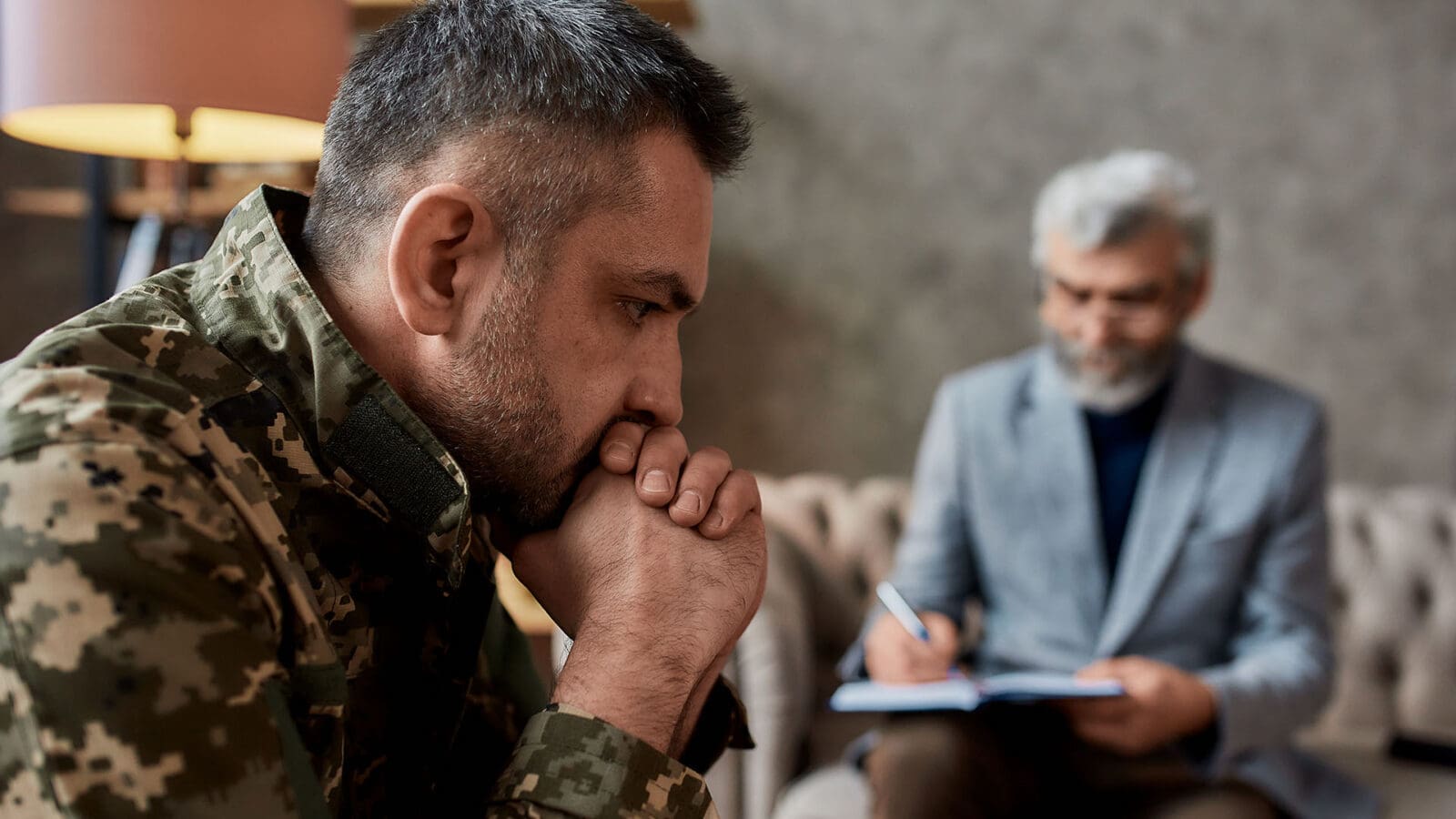
Veteran Sleep Disorder Claim Denial | Appeal for Your Benefits
Sleep disorders, like sleep apnea and insomnia, are common among veterans, putting them at risk for various chronic conditions and diminishing their quality of life.
Summary
- The most common sleep disorders in veterans are sleep apnea and insomnia.
- Veterans may develop sleep disorders related to mental or physical trauma, underlying chronic conditions, or unknown sources.
- Evidence of a service connection is crucial in a veterans sleep disorder claim, otherwise the VA may deny the claim.
- A veteran disability appeals lawyer can help secure the level of benefits that are appropriate for your sleep disorder symptoms.
Sleep is essential to healthy cognitive functioning, regulating mood and appetite, and promoting effective immune responses. Sleep disorders, including insomnia and sleep apnea, can compromise a veteran’s ability to regularly achieve restful sleep.
Consequently, veterans with sleep disorders can develop life-threatening physical health conditions, experience moodiness, irritability, and concentration issues, and generally struggle at work and home.
Although sleep disorders are often treatable, many vets have trouble dealing with the toll their condition takes. For service-connected sleep disorders, the VA provides compensation to address the taxing effects of conditions like insomnia.
At VetLaw, our veterans disability claims lawyers are here to support vets with their VA sleep disorder claim denials. Let us put our years of experience to work for you. You can reach us at (855) 573-1503 or submit a contact form to schedule a free consultation.
VetLaw’s Guide to Overcoming VA Denials for Sleep Disorders
Many veterans experience sleep disturbances such as central or obstructive sleep apnea and insomnia after they return from active duty service. A commonly reported symptom of psychological trauma in former servicemembers is trouble sleeping through the night.
Unfortunately, a veteran may receive a denial from the VA for their sleep disorder claim. This can lead to frustration and further health complications while they await VA disability compensation.
Filing successful sleep disorder claims may be difficult without the advice and guidance of a VA-accredited attorney. If the Department of Veterans Affairs (VA) denied your claim for disability benefits, VetLaw’s team of steadfast lawyers help you file an appeal to challenge the Agency’s decision.
VA Disability Rating for Sleep Apnea: Understanding Compensation and Ratings
Sleep apnea is a condition that hinders a veteran’s ability to breathe during rest. The VA may characterize sleep apnea as obstructive, central, or mixed. Symptoms that may have been noted during active duty include daytime tiredness, snoring, gasping for air while asleep, frequent awakenings, daytime napping, and others.
Sleep apnea is generally rated as 50 percent disabling, so long as the veteran requires the use of a CPAP or other device for control of the apnea. Other ratings from zero to 100 percent are available, but rarely awarded.
A sleep apnea diagnosis is usually based on a sleep study, which may sometimes be conducted with a take-home device. Breathing, heart rate, apneas, and sleep quality are all typically tested during the sleep study.
VA Disability for Insomnia: What Veterans Should Know
If a veteran has persistent difficulty initiating and maintaining sleep or is unable to fall back asleep after waking up, they may qualify for disability compensation for insomnia in a VA sleep disorder disability claim.
The VA uses certain criteria defined in 38 Code of Federal Regulations §4.130 to evaluate the severity of a former servicemember’s sleeping disorder. The varying degrees of severity are based on the impact of insomnia on a veteran’s daily life.
Any sleep disorder that causes a former servicemember to suffer clinically significant distress and impairment of their ability to function normally may qualify them for benefits. A veteran’s insomnia would be rated on a scale from zero to 100 percent disability, depending on the resulting symptoms.
Supporting Evidence for VA Sleep Disorder Claims
A former servicemember would need to show that they have a current diagnosis of a sleeping disorder, whether sleep apnea, insomnia, or some other sleep disturbance diagnosis, to qualify for disability benefits. They should include medical records and doctors’ notes with any sleep disorder claims to establish the severity of their condition.
It is also necessary to prove entitlement with a service connection, which means establishing a relationship between a veteran’s sleep disorder and their active duty service. Service records from an applicant’s active duty service may indicate an incident that caused or contributed to their disorder.
Additionally, a veteran can use their service record to show any documented symptoms of sleep irregularity. Lay statements from a veteran, spouse, or anyone else who can attest to nighttime symptoms that began on active duty can also be very helpful in proving entitlement to service connection for sleep disorder claims.
It is better for veterans to be over-prepared when it comes to gathering evidence, which can be made easier with the advice of an attorney from VetLaw.
Meet with an Attorney for Guidance on Appealing A Veteran Sleep Disorder Claim Denial
Poor sleep quality can have alarming consequences for a veteran’s physical and mental health. Without the additional financial support that VA disability benefits provide, many veterans with sleep disorders are unable to keep up with the costs of managing their condition.
Consequently, they often have to file VA sleep disorder claims to secure or increase their compensation. Having a seasoned attorney by your side can improve your chances of filing successful sleep disorder claims.
VetLaw’s skilled legal team can also assist you with an appeal if you’ve received a denial from the VA for your veteran sleep disorder claim. Get in touch with our firm today to start the process. You can reach our team at (855) 573-1503 or submit a contact form to schedule a free consultation with us.
Frequently Asked Questions
Is it safe for veterans with sleep apnea to use CPAP breathing machines?
For veterans with sleep apnea, forgoing treatment carries significant risks. Unfortunately, so does using certain types of CPAP breathing machines to regulate your air intake.
Veterans who have used recalled or defective CPAP breathing machines should speak with a healthcare provider about monitoring any symptoms of respiratory issues, as well as switching to a quality CPAP machine.
What is the difference between obstructive sleep apnea and central sleep apnea in veterans?
Breathing is supposed to be an automatic response. However, in veterans with sleep apnea, something interferes with their ability to carry out this function. With obstructive sleep apnea, the culprit is the vet’s throat muscle.
Instead of remaining stiff enough to support the vet’s airway, the muscles relax and allow it to close. Consequently, they stop breathing throughout the night. Central sleep apnea has a different origin.
With central sleep apnea, a veteran’s muscles do not receive the signal from the brain that they need to facilitate breathing. As a result, airflow is cut off. Other health issues, like strokes and health failure, as well as certain medications, can cause a veteran to develop central sleep apnea.
How common are sleep disorders among veterans?
In recent years, studies have indicated that sleep disorders, particularly insomnia and sleep apnea, are prevalent among veterans. Specific physical and mental health issues appear to put veterans at a greater risk for insomnia. Specifically, researchers have linked insomnia to PTSD, TBIs, and chronic pain conditions in veterans.



